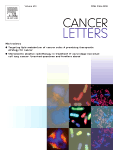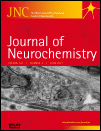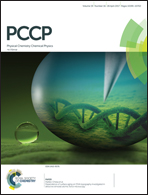 Chinese biomedical researchers estimate that 40% of research in their country has been affected in some way by misconduct, according to a new survey.
Chinese biomedical researchers estimate that 40% of research in their country has been affected in some way by misconduct, according to a new survey.
The authors are quick to caution against putting too much stock in this figure due to the subjective nature of the survey, published in Science and Engineering Ethics. The estimates also spanned a wide range, with a standard deviation of ±24%. But they say that the responses to this question and others on the survey suggest that scientists in the region feel academic misconduct remains a major problem that authorities have failed to adequately address. (Indeed, a recent analysis from Quartz using Retraction Watch data showed that researchers based in China publish more papers retracted for fake peer reviews than all other countries put together.)
The survey was designed by employees at Medjaden, a Hong Kong-based editing company that assists mainland Chinese biomedical researchers publishing in English-language journals. They invited all of their registered users by email to complete two surveys—roughly 10,000 users in 2010 and 15,000 in 2015. Like most online surveys, this one had a low response rate—around 5%, so caveats about sampling bias apply.
Study co-author Hua He, who is also Medjaden’s CEO, said:
Continue reading Four in 10 biomedical papers out of China are tainted by misconduct, says new survey
 The paper had everything: Fake peer review, forged authors, even a fake funder.
The paper had everything: Fake peer review, forged authors, even a fake funder.



 Sometimes, even a short notice catches our attention.
Sometimes, even a short notice catches our attention. A gastroenterology and hepatology journal has retracted a 2017 review after discovering it included data “accessible only during peer review for another journal.”
A gastroenterology and hepatology journal has retracted a 2017 review after discovering it included data “accessible only during peer review for another journal.” A neurochemistry journal has retracted a paper from a group in China over a duplicated image.
A neurochemistry journal has retracted a paper from a group in China over a duplicated image.
 Chinese biomedical researchers estimate that 40% of research in their country has been affected in some way by misconduct,
Chinese biomedical researchers estimate that 40% of research in their country has been affected in some way by misconduct,